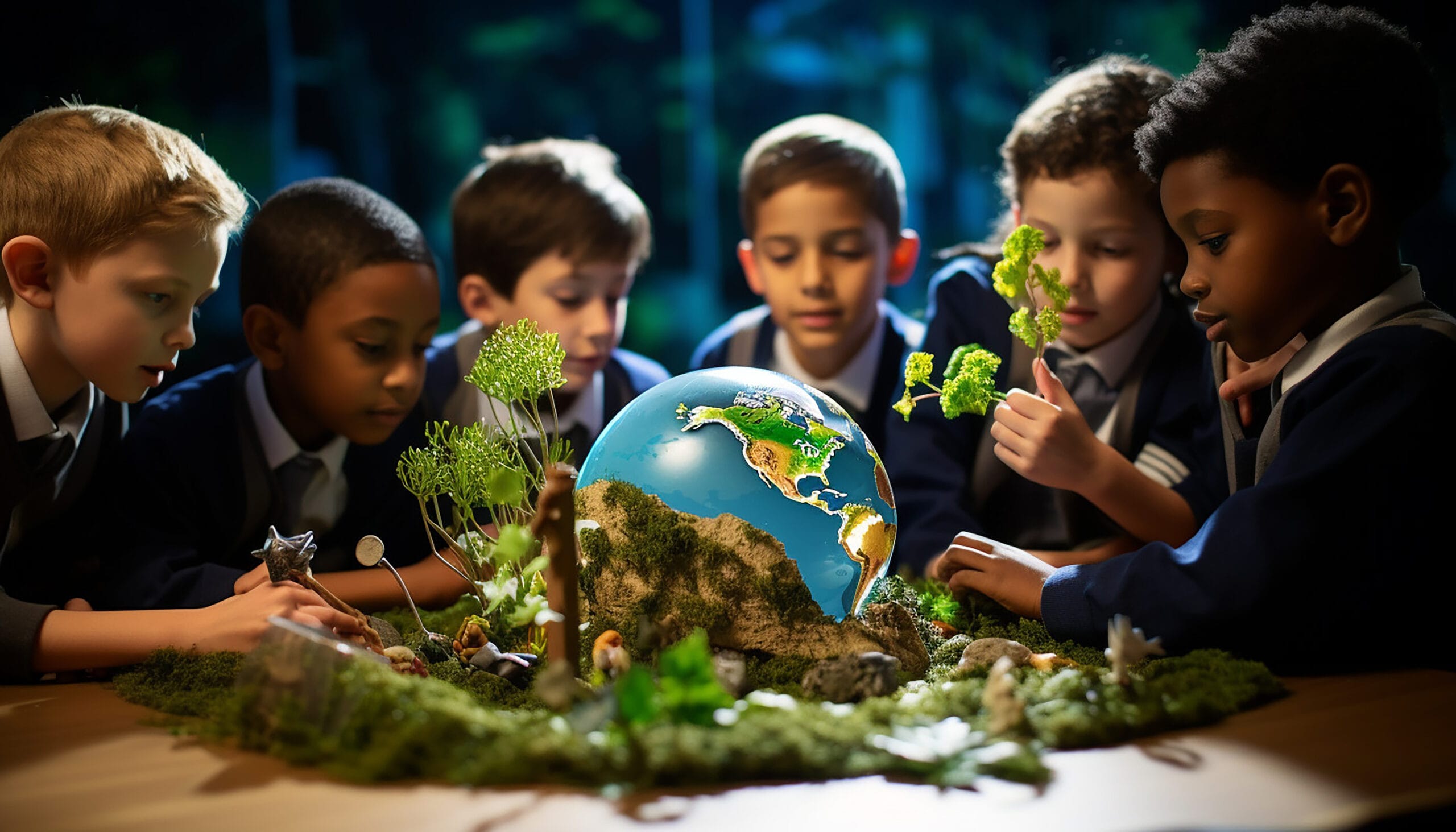The future of education is evolving beyond traditional classroom models, embracing immersive experiences that merge digital literacy with real-world problem-solving. This shift is not just about preparing students for a technologically advanced society but about empowering them to address global challenges, such as climate action, in meaningful and impactful ways.
Imagine a classroom where students learn by doing—developing skills through projects like vertical farming, which combines technology, sustainability, and hands-on innovation. These initiatives go beyond academic knowledge, teaching practical problem-solving and fostering a deeper understanding of environmental stewardship. Students learn to integrate digital tools with creative thinking, equipping them for a future where adaptability and interdisciplinary knowledge are essential.
This progressive approach holds particular promise for students from underprivileged backgrounds. By prioritizing accessibility and inclusivity, these programs ensure that all learners, regardless of socio-economic status, have the opportunity to gain relevant skills and participate in shaping a better future. The focus on inclusivity not only closes the opportunity gap but also nurtures a generation of leaders capable of addressing complex societal issues with confidence and ingenuity.
Education that emphasizes experiential learning fosters a culture of curiosity and resilience. It equips students to navigate a rapidly changing world while inspiring them to become proactive contributors to their communities. Integrating climate action and sustainability into curricula highlights the interconnectedness of global challenges, encouraging students to view themselves as agents of positive change.
The potential of such transformative education is boundless. By combining digital literacy with real-world applications, we prepare students not just for careers but for lives of purpose and impact. The future of learning is here, and it is one that uplifts, inspires, and equips all learners to create a more sustainable, equitable world.






Comments are closed